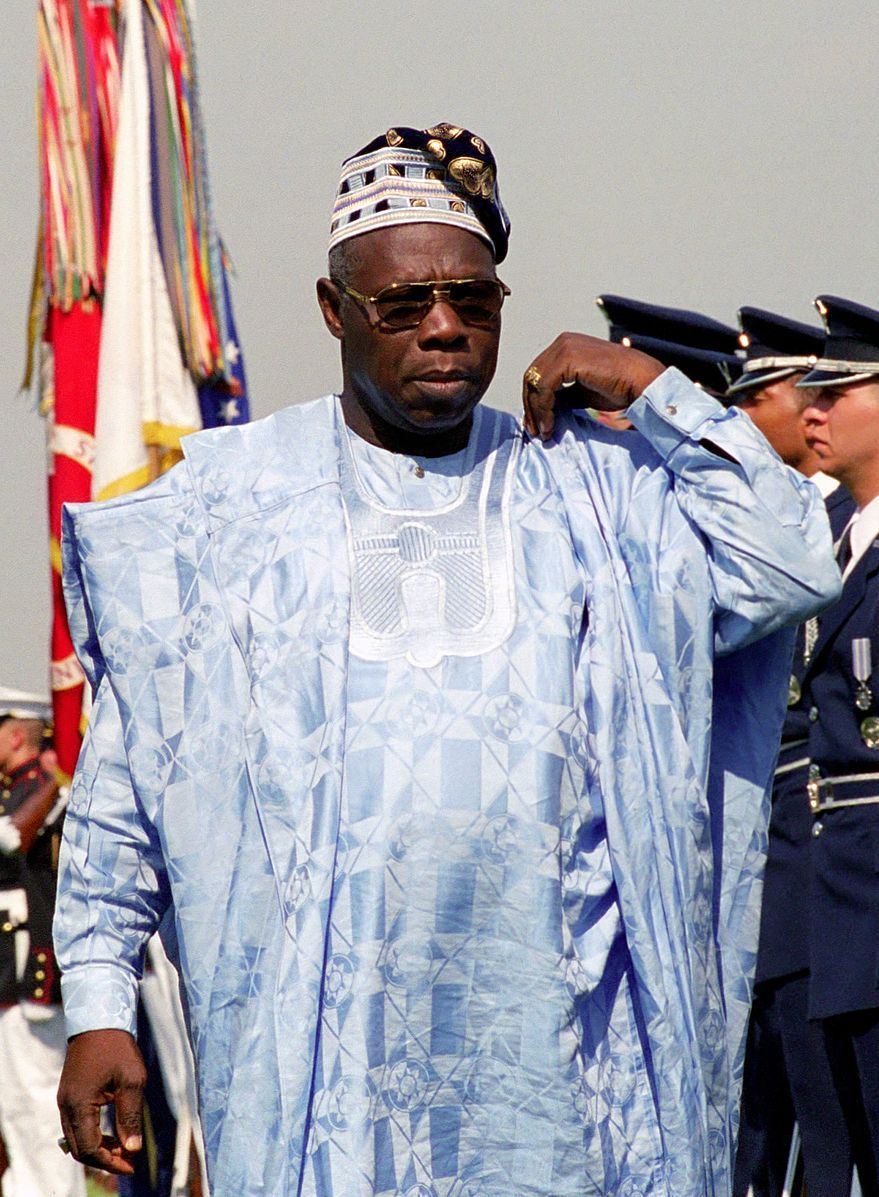Ibrahim Babangida: A Complex Legacy in Nigeria's Political Landscape

Ibrahim Babangida, Nigeria's eighth president, presided over a critical period in the nation's history. His presidency, which lasted from 1985 to 1993, was marked by ambitious economic reforms, political transition attempts, and controversies that continue to shape Nigeria's political landscape. This article delves into Babangida's life, his tenure as president, and the significant events and policies associated with his administration. From economic liberalization to political transitions, Babangida's leadership evokes mixed reactions and debates, illustrating the complexities of his legacy.
Early Life, Military Career, and Rise to Power: Born on August 17, 1941, in Minna, Nigeria, Ibrahim Babangida had a military background and rose through the ranks to become a Major General. He gained recognition for his role in the military coup that brought Muhammadu Buhari to power in 1983. Babangida's subsequent coup in 1985 made him Nigeria's head of state.
Economic Reforms and Structural Adjustment Program: One of Babangida's most significant contributions was his ambitious economic reform agenda. He implemented the Structural Adjustment Program (SAP) in 1986, under the guidance of international financial institutions such as the International Monetary Fund (IMF) and the World Bank. The SAP aimed to liberalize Nigeria's economy, reduce government intervention, promote private sector growth, and attract foreign investment.
While the SAP brought some positive outcomes, such as increased investment in certain sectors and the establishment of new industries, it also resulted in inflation, job losses, and socio-economic hardships for many Nigerians. The program faced criticism for its impact on the most vulnerable segments of society, highlighting the complexities of implementing economic reforms in a diverse and populous country.
Political Transition Attempts and Controversies: Babangida's presidency witnessed significant political developments, including his attempts to transition Nigeria to civilian rule. In 1990, he initiated the process for a return to democratic governance by establishing the two-party system, which led to the formation of the Social Democratic Party (SDP) and the National Republican Convention (NRC). However, the transition process was marred by controversies, including the annulment of the June 12, 1993, presidential election, widely regarded as Nigeria's freest and fairest election. The annulment sparked widespread protests and political tensions, ultimately leading to Babangida's resignation in 1993.
Babangida's annulment decision and subsequent transition challenges have remained contentious issues in Nigeria's history. While some argue that the annulment demonstrated a disregard for democracy and the will of the Nigerian people, others contend that the complex political dynamics and fears of instability influenced the decision.
Legacy and Ongoing Debates: Ibrahim Babangida's legacy is a subject of ongoing debates and discussions in Nigeria. His economic reforms, though controversial, set the stage for subsequent efforts to liberalize the Nigerian economy and attract foreign investment. The SAP's impact on various sectors and the socio-economic hardships experienced by some Nigerians continue to shape conversations about economic policy and the distribution of resources.
Babangida's attempts to transition Nigeria to civilian rule, despite the controversies surrounding the process, laid the groundwork for subsequent democratic governments. The annulment of the June 12 election remains a significant point of contention and has influenced discussions about democratic consolidation, electoral integrity, and the role of the military in Nigerian politics.
Ibrahim Babangida's presidency left a complex and debated legacy in Nigeria's political landscape. His economic reforms, exemplified by the Structural Adjustment Program, brought both positive and negative consequences for the Nigerian economy and society. The controversies surrounding the annulment of the June 12 election continue to shape Nigeria's political discourse and reflections on democratic governance. As Nigerians reflect on Babangida's tenure, ongoing discussions about the successes, challenges, and complexities of his leadership contribute to a deeper understanding of Nigeria's political journey and the ongoing quest for democratic consolidation and socio-economic development.


